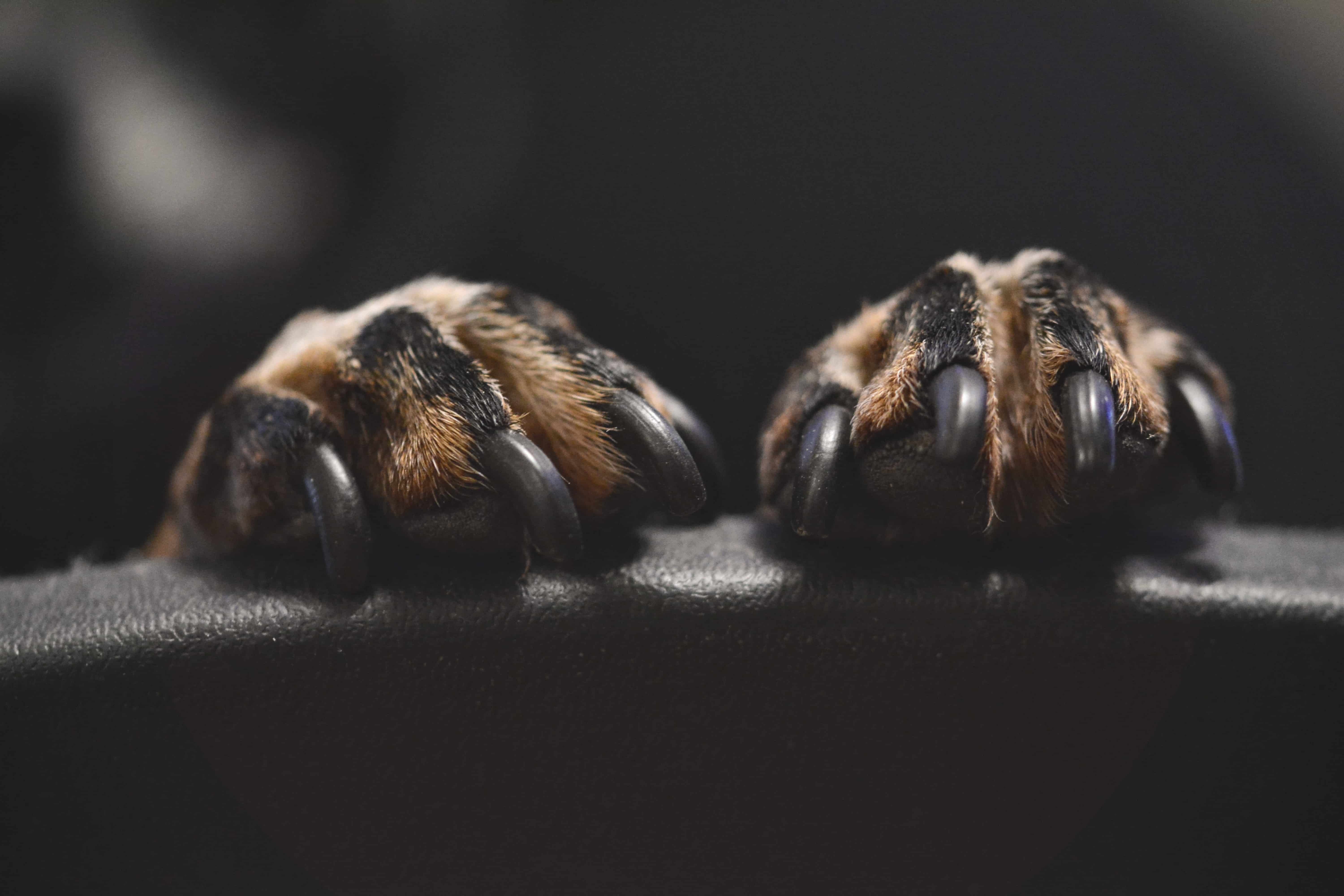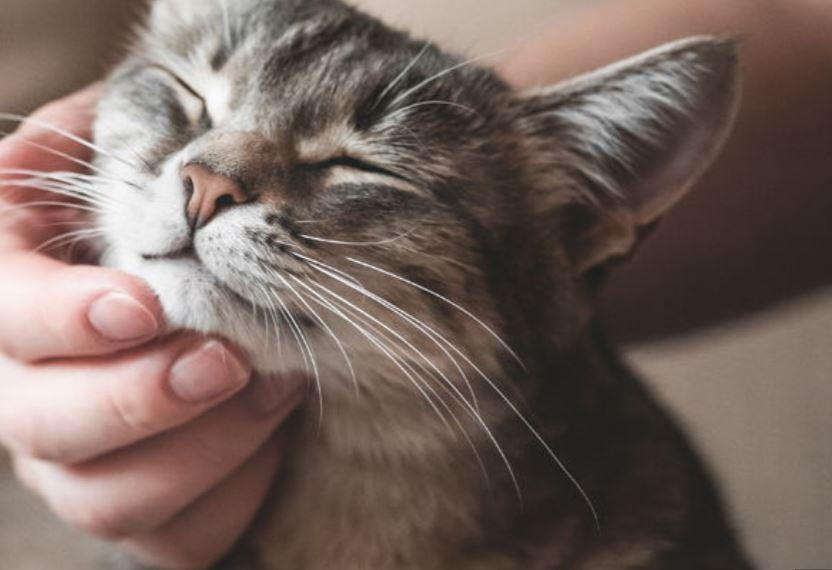


One of the most common diseases in elderly cats and dogs is chronic kidney disease. It is more prevalent in senior cats than dogs. Research has shown that up to 80% of elderly cats develop this condition. In chronic kidney disease the kidneys have transformed from a healthy organ to a state of insufficient function.
These two-bean shaped (hence the term kidney beans) organs are vital to life because they perform many functions that the body needs. What role do the kidneys play? They conserve water for the body to use, eliminate toxic waste products from everyday metabolism, maintain proper balance of calcium and phosphorous minerals in the blood, keep the electrolytes sodium and potassium in balance, help regulate blood pressure, keep important proteins in the bloodstream by preventing leakage into the urine, help in red blood cell production, and help maintain a balanced pH in the blood.
What changes can you see in a pet with kidney disease? You may notice one or more of these signs: weight loss, excessive water consumption (referred to are polydipsia), increased urination (called polyuria), dilute urine, and poor appetite. Any of these changes should prompt you to schedule an appointment with your veterinarian, who will perform a physical examination, recommend blood and urine testing, possibly radiographs (X-rays), and blood pressure check. These tests will help evaluate how well the kidneys are doing their job.
What are common causes of kidney disease? They include infection, toxins, inflammation, and injury. In veterinary medicine we use a helpful tool called staging to identify the severity of the damage to the kidney. This staging process is called IRIS staging (international Renal Interest Society). The stages are numbered from I-IV (subclinical to severe). IRIS staging uses levels of blood creatinine (a product of muscle breakdown which is excreted by the kidneys) and SDMA (symmetric dimethylarginine-an amino acid found within cell proteins and used for a variety of protein functions).
Your veterinarian will offer a comprehensive treatment plan, dietary recommendation and monitoring regiment to achieve the best results for your pet. As with many illnesses early intervention is best. Your role is vital and together you can make a difference for your cat or dog, optimizing their quality of life for as long as possible.
At DR 4 PETS we care that your pet has a healthy life, and we want to empower you with knowledge to achieve that goal. However, when your pet's health is severely compromised beyond the intervention of medicine, we are here to help. We perform compassionate and dignified in-home pet euthanasia and service Thousand Oaks, Simi Valley, Moorpark, Camarillo, Ventura, Agoura, and surrounding areas. Give us a call at: (805) 494-3339.